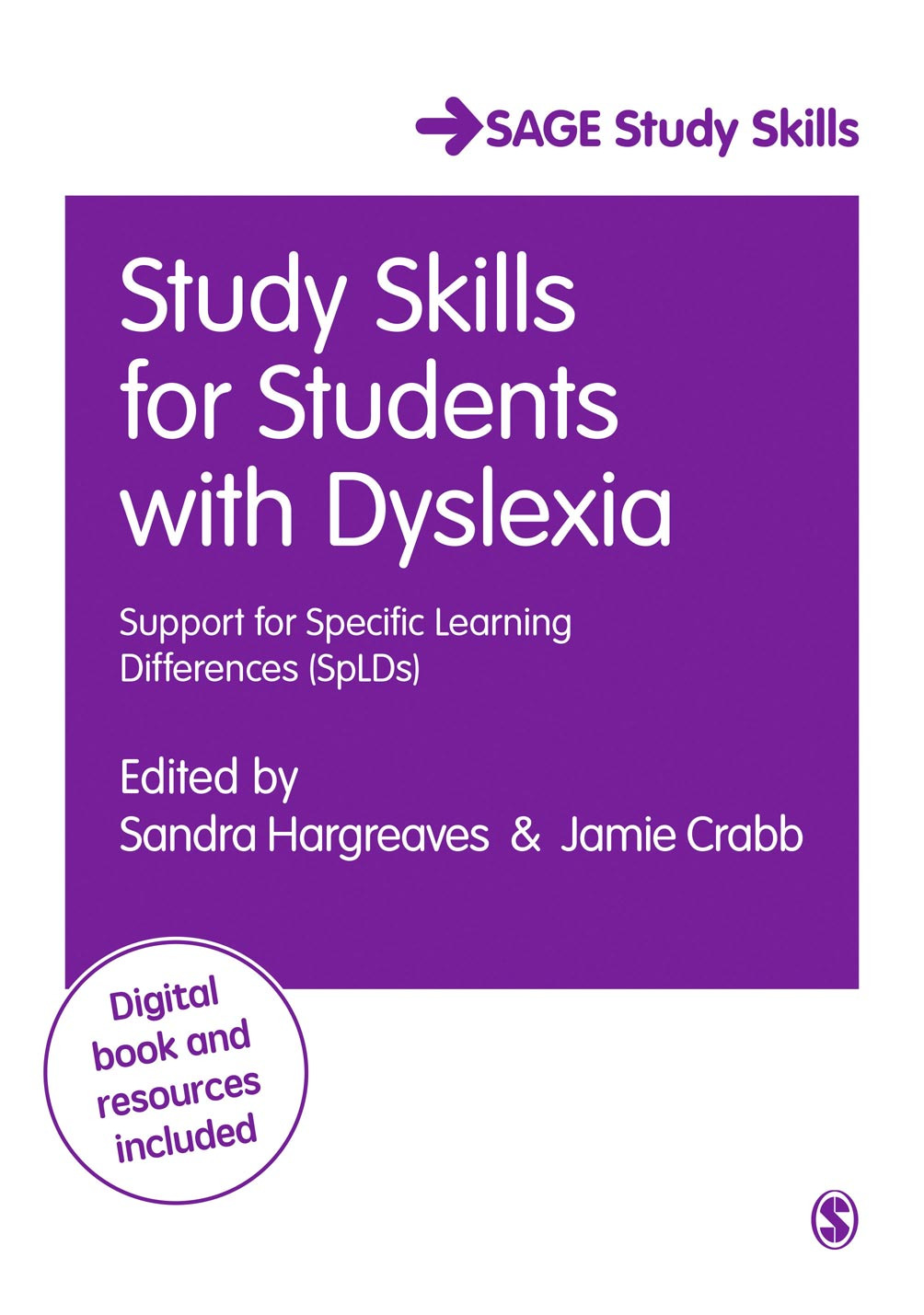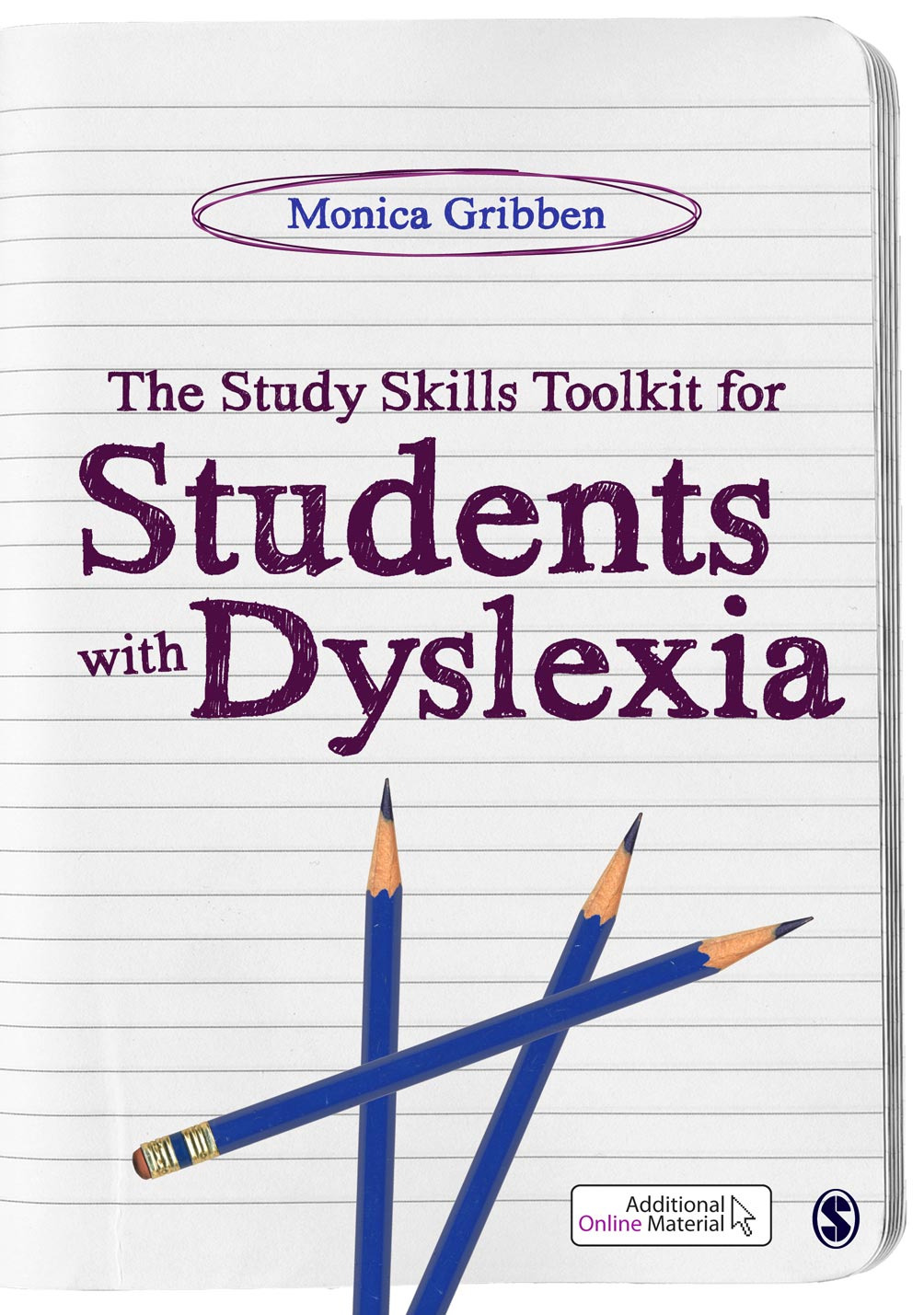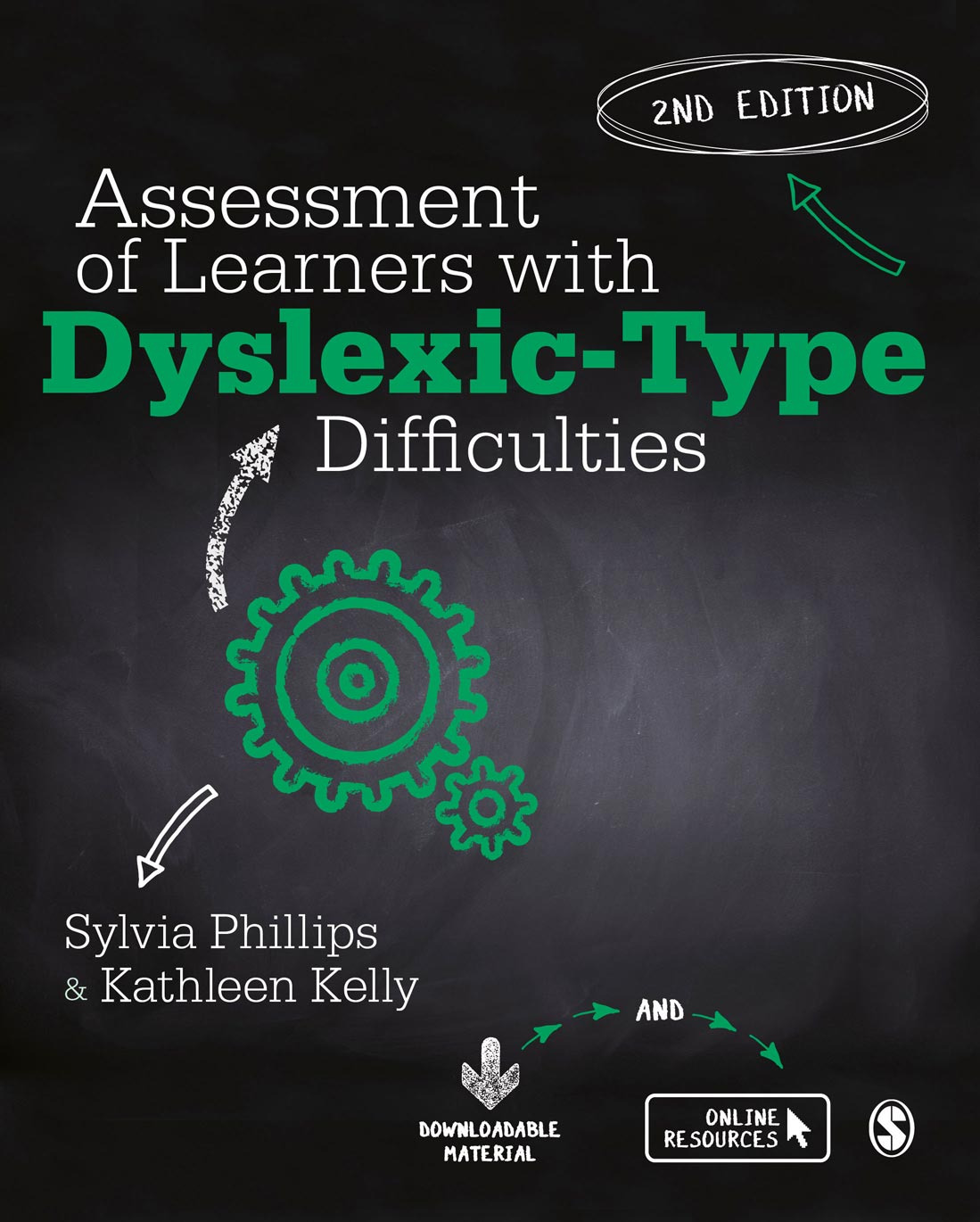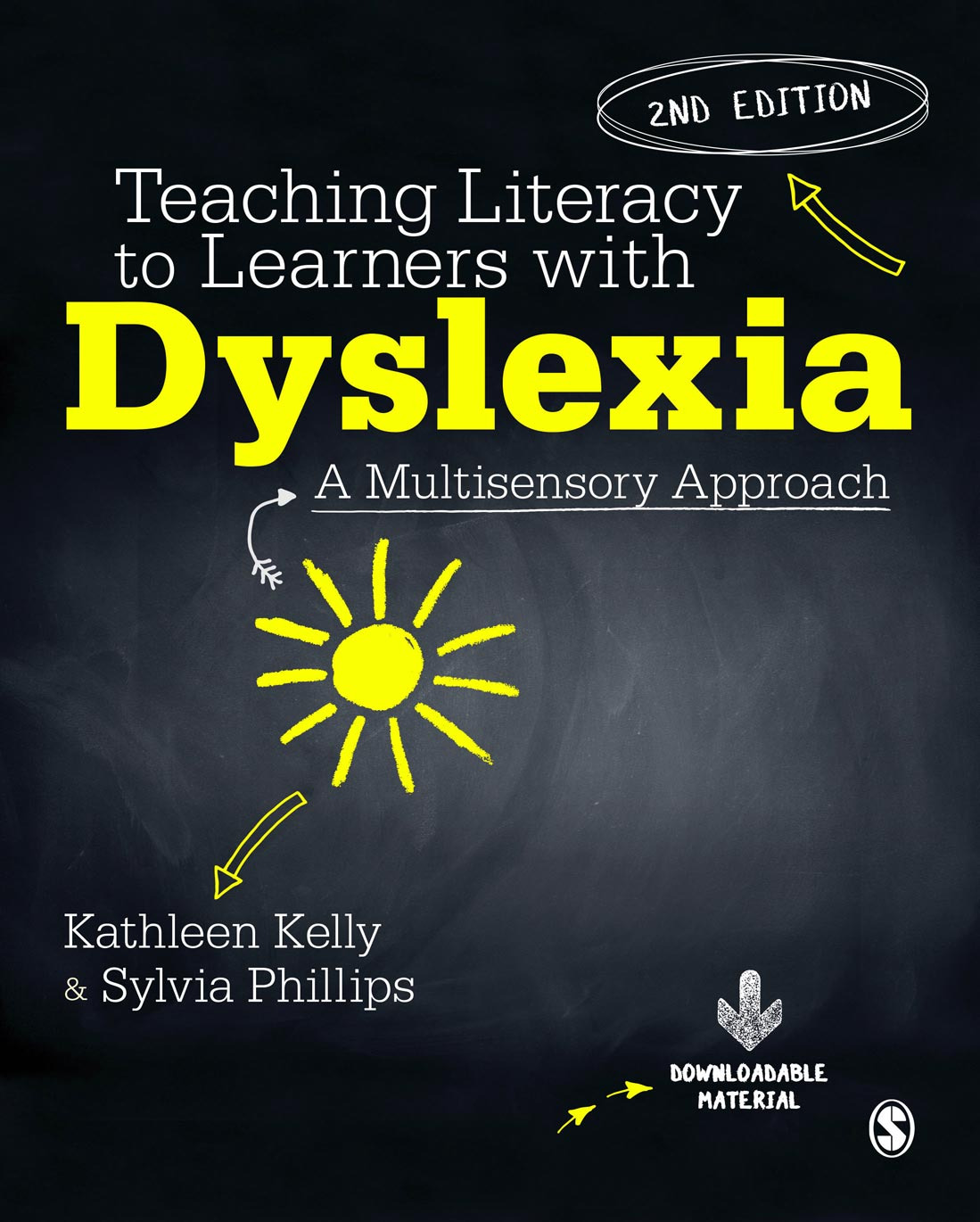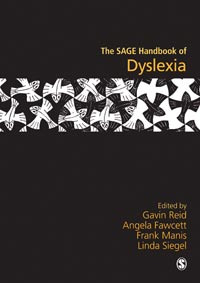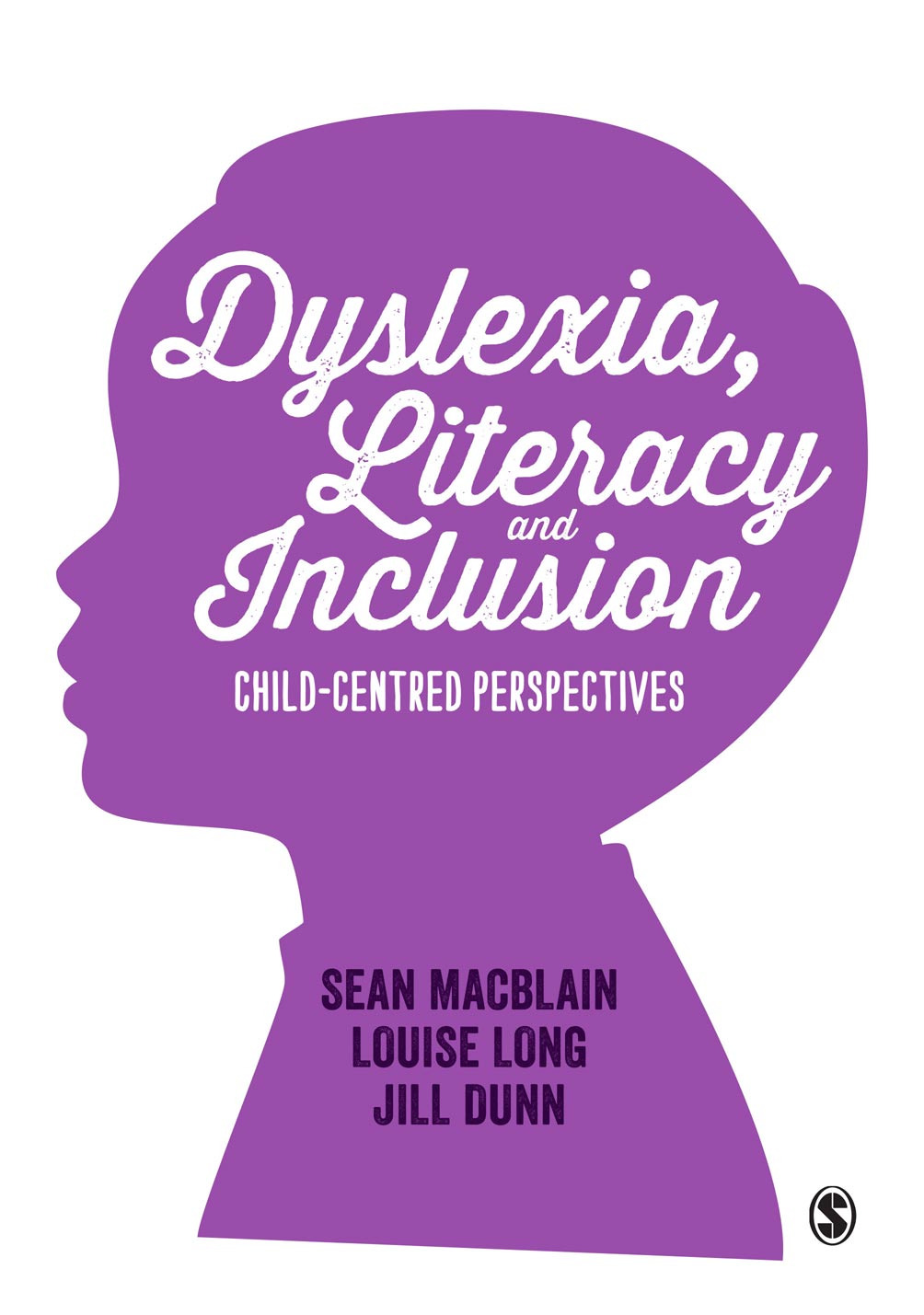You are here
Frequently asked questions about dyslexia

Whether you are currently teaching, a student or training to become a specialist, we've covered some of the most frequently asked questions on dyslexia. For more frequently asked questions on special needs and inclusion browse around on the Education Hub.
 How can I be dyslexia-friendly in higher and further education settings?
How can I be dyslexia-friendly in higher and further education settings?
In assessment tasks you can:
-
present assessment tasks so that they are easy to read and follow
-
avoid switching modes during the assessment (e.g. from looking for positives to looking for negatives in a task) without giving strong advance signals
-
vary the methods of assessment (e.g. by using portfolios, presentations, posters, etc.)
-
arrange assessment feedback so that students know how to make progress, (e.g. by target setting.)
In an assignment tutorial or seminar you can:
-
graphically organise, e.g. by using Mind Maps® (Buzan 2007), the assignment for an individual, group or class, converting it to a list if some find that easier to follow
-
ask students to verbalise their assignment ideas; we can then graphically organise or otherwise record what they say as discussion progresses (preferably on tinted card), then give them the notes of their own words to take away
-
avoid assuming that starting points or key points are the same for the tutor and the student. Linear thought may have less relevance or clarity for a dyslexic student than for the tutor leading the discussion.
In teaching and lecturing you can:
-
use multisensory methods
-
‘chunk’ the tasks
-
give the ‘big picture’ before linear progression
-
take care with font size and style
-
arrange text in small blocks and place these near relevant pictures or diagrams
-
allow extra time
-
use and offer tinted paper as standard
-
give handouts in advance
-
avoid setting long copying tasks
-
avoid expecting students to take copious notes
-
find ways of teaching that do not depend on pencil and paper tasks
-
look for quality rather than quantity
>> The above ideas are an edited extract from Dyslexia-friendly Further Education and Higer Education
 What study skills support can I recommend for students with dyslexia?
What study skills support can I recommend for students with dyslexia?
 How can I be a dyslexia-friendly school teacher?
How can I be a dyslexia-friendly school teacher?
A great deal more is known about dyslexia than used to be the case, and a great deal of good practice may be found in schools incorporated into practitioners’ daily routines. A Dyslexia-friendly teacher’s professional knowledge is a combination of attitude, understanding, technique and empathy. If we do not experience dyslexia ourselves, it may help to adopt a ‘dyslexia proxy’ by reflecting on our experience of some other, personal difficulty in our schooling. To be Dyslexia-friendly we can:
-
Make ourselves familiar with the characteristics of dyslexia.
-
Appreciate the importance of the learning environment.
-
See dyslexia as a whole-school concern.
-
Keep updating our own knowledge.
-
Use Dyslexia-friendly approaches, including multisensory practices.
-
Notice individual students’ preferred ways of learning, providing opportunities for success.
-
Connect new learning to previous, secure learning, and then rehearse and revisit.
-
Allow a variety of methods for recording work.
-
Understand that there are good days and bad days, appreciating that this is not deliberate avoidance or laziness in a learner.
-
Protect students’ feelings, realising that literacy activity may be fearful for some learners.
-
Recognise that sometimes it is two steps forward and one step back – or vice versa!
-
Provide dyslexic students with opportunities for success
>>This is an edited extract from The Dyslexia-friendly Teacher’s Toolkit
 I want to be a specialist in dyslexia. What resources are available for me?
I want to be a specialist in dyslexia. What resources are available for me?
 I'm doing a dissertation on dyslexia. What can I read to learn more about the topic?
I'm doing a dissertation on dyslexia. What can I read to learn more about the topic?
